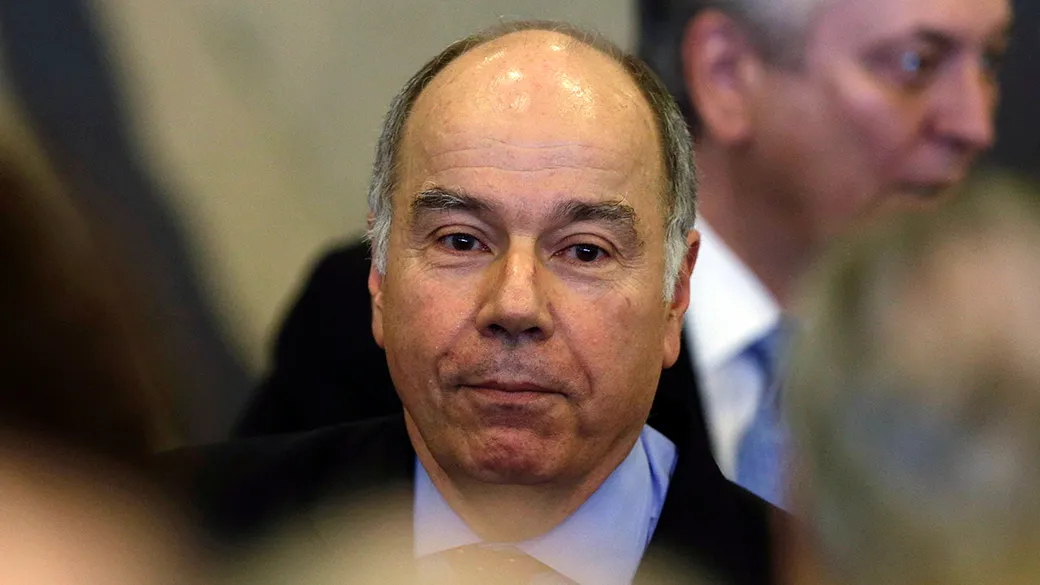This week, top Brazilian politicians, including Foreign Minister Mauro Vieira, are meeting leaders in Asia.
The goal is to create trade deals and strengthen diplomacy. Experts note that this could increase Brazil’s global influence, especially in the Global South.
Yesterday, Vieira attended the first-ever Brazil-ASEAN meeting in Indonesia. The ASEAN group consists of ten nations and is the world’s fifth-largest economy.
According to IMF projections, this group will contribute to 10% of global GDP growth by 2023.
In trade, ASEAN countries are Brazil’s third-largest partners. Vieira’s trip is historic. It’s the first time a Brazilian official has visited Cambodia and the Philippines.
Marcos Cordeiro Pires, an academic, sees the visits as globally significant. He believes that countries like Brazil must play a crucial role in solving global challenges.
Political science professor Afonso de Albuquerque agrees. He thinks the trip sets the stage for Brazil to become a global leader.

Next, House Speaker Arthur Lira will meet with G20 parliamentary heads in India. After that, he plans to visit China for business talks.
Legal expert Evandro Menezes de Carvalho thinks Brazil needs to embrace China as a strategic partner.
Carvalho points out that Brazil’s focus on Europe has not yielded strong results. In contrast, ties with emerging Asian powers like China could be more fruitful.
Next year, Brazil and China will celebrate 50 years of diplomatic ties, making it an excellent time to rethink Brazil’s foreign policy.
Background
Brazil’s move to deepen ties with Asian countries isn’t isolated; it’s part of a larger global trend.
Many countries are shifting focus towards Asia, recognizing the region’s growing economic and political clout.
Brazil, historically, has had strong connections with Europe and the United States. However, the ongoing shifts indicate a pivot towards a more diversified foreign policy.
This strategy could also be a part of Brazil’s aspirations to play a larger role on the world stage.
Previously, Brazil has been a key player in BRICS, a group of emerging economies that includes Brazil, Russia, India, China, and South Africa.
Strengthening ties with ASEAN and other Asian countries can help Brazil solidify its position as a global mediator and leader.
It’s worth noting that next year will mark 50 years of diplomatic relations between China and Brazil.
This milestone offers an opportune moment for Brazil to reassess and reorient its foreign policy objectives.
These new partnerships could be invaluable for a country aiming to expand its global influence.

